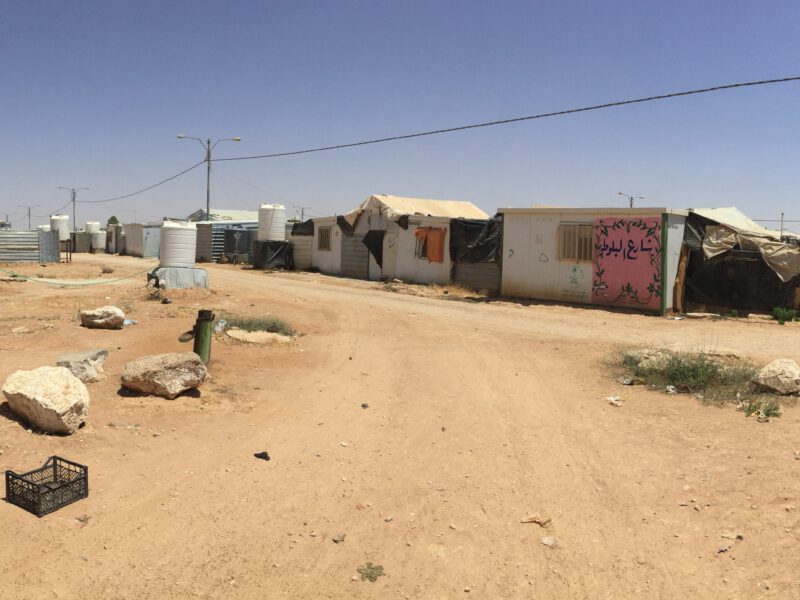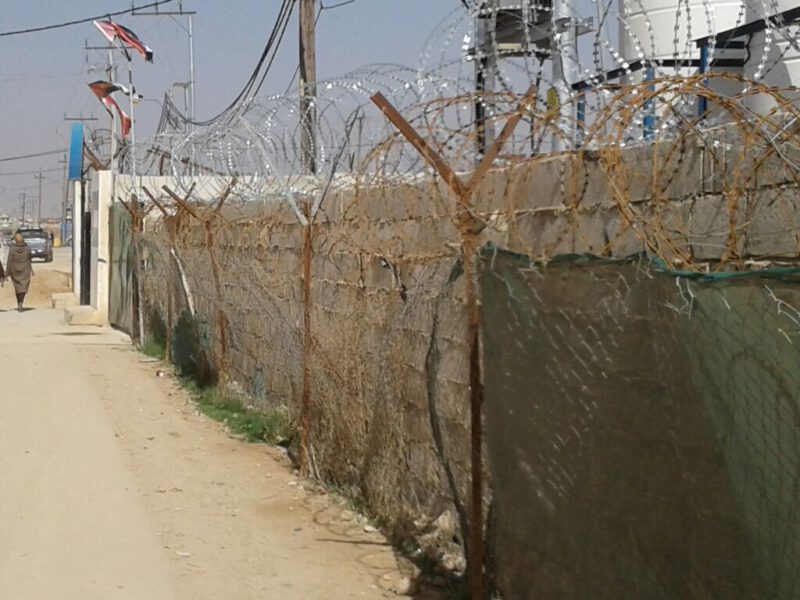On July 9th Seumas Milne, correspondent of the Guardian, wrote an interesting article about the “gains” of privatisation under the title: “The tide is turning against the scam that is privatisation“, its subtitle is: “The international revival of public ownership is anathema to our City-led elite. But it’s vital to genuine economic recovery”.
It deals about the discussion in England about the failure of the private market to deliver what was promised. He states: “Privatisation isn’t working. We were promised a shareholding democracy, competition, falling costs and better services. A generation on, most people’s experience has been the opposite. From energy to water, rail to public services, the reality has been private monopolies, perverse subsidies, exorbitant prices, woeful under-investment, profiteering and corporate capture”.
Is this what we experience in Transform as well?
For a transition towards a low carbon society huge investments in new and existing infrastructure are needed. Old carbon based energy systems needs to be replaced for sustainable structures to protect us from climate change and to become more independent from non-democratic energy providers like Russia. We all know the reasons why.
I have three examples and a question
Hamburg
In Hamburg the energy supplier will become public again. And Hamburg is not the only German example. After the privatisation started, 100 privatised energy concessions are not prolonged and now back in public hands. In Hamburg, one of our Transform partners, the public voted to do so by referendum and turn back privatisation of the energy infrastructure and production. Preparations with Vattenfall are being made. And it is understandable. Vattenfall’s prime aim is shareholder interest and not the public interest and investments needed for a low carbon future. Even not for Vattenfall that is mostly owned by the Swedish state. I am told the aim is 18% return on investment on a yearly basis. My feeling is that this is not leaving much room for innovative, sustainable and future resilient solutions.
Lyon
The second example of market failure I found in Lyon. The concession for running the cities’ heat and cold grid and the connected power stations, expired about six years ago. The current company running the system, Dalkia, won the tender. But the losers, (Gaz de France?) started a lawsuit against the municipality on procedural grounds. The last six years several courts decided in favour of the municipality but Suez is going to the European court now. In the mean time all investments in new head grids and installations are postponed. Leaving the city paralysed on their road to sustainable infrastructure development.
The Netherlands
In the Netherlands we had a system for social housing run by foundations. Decent institutions working for the public good. From the nineties on all these foundations are, more or less, privatised and under distant “control” of state regulators. Yes, with privatisation comes regulation because we can not always trust the market. Since then a lot went wrong and the last five weeks public hearings are held about this privatisation. Personal greed was one conclusion but also the failure to control the system by the government. And the last is understandable and concluded by Milne: “Experience has shown that you can’t control what you don’t own.
New investments are needed
Society needs energy, water, sewerage, connectivity to exist, day by day. No wonder the energy part of our economy is so huge and influential and no wonder private companies wants a share of it. Because of privatisation cities have to deal with several companies and stakeholders to design and build new systems. And it turns out to be extremely difficult. Stakeholders have, as shown in the above examples, different interest and goals and don’t start working together for the public good, because the different interests are not always about building a sustainable infrastructure for the future.
That is one of the challenges of Transform. Can we bring together the stakeholders and start designing and building needed infrastructure? Or is it impossible?
Weownit



